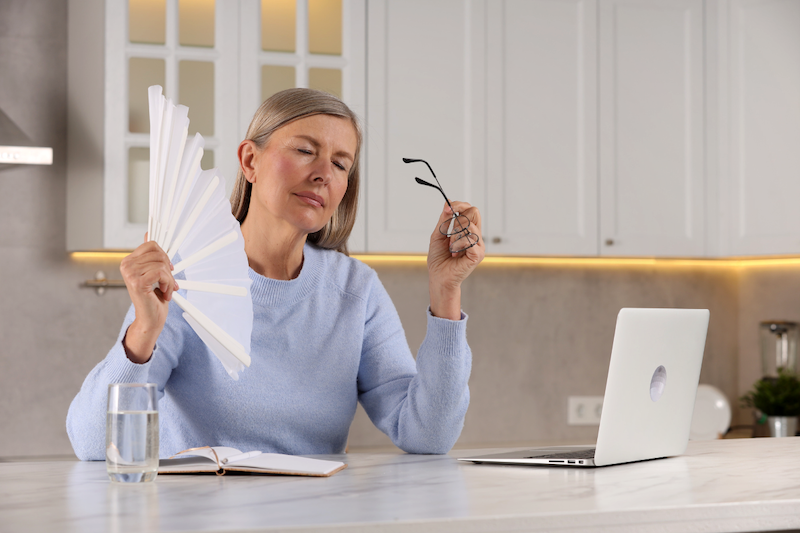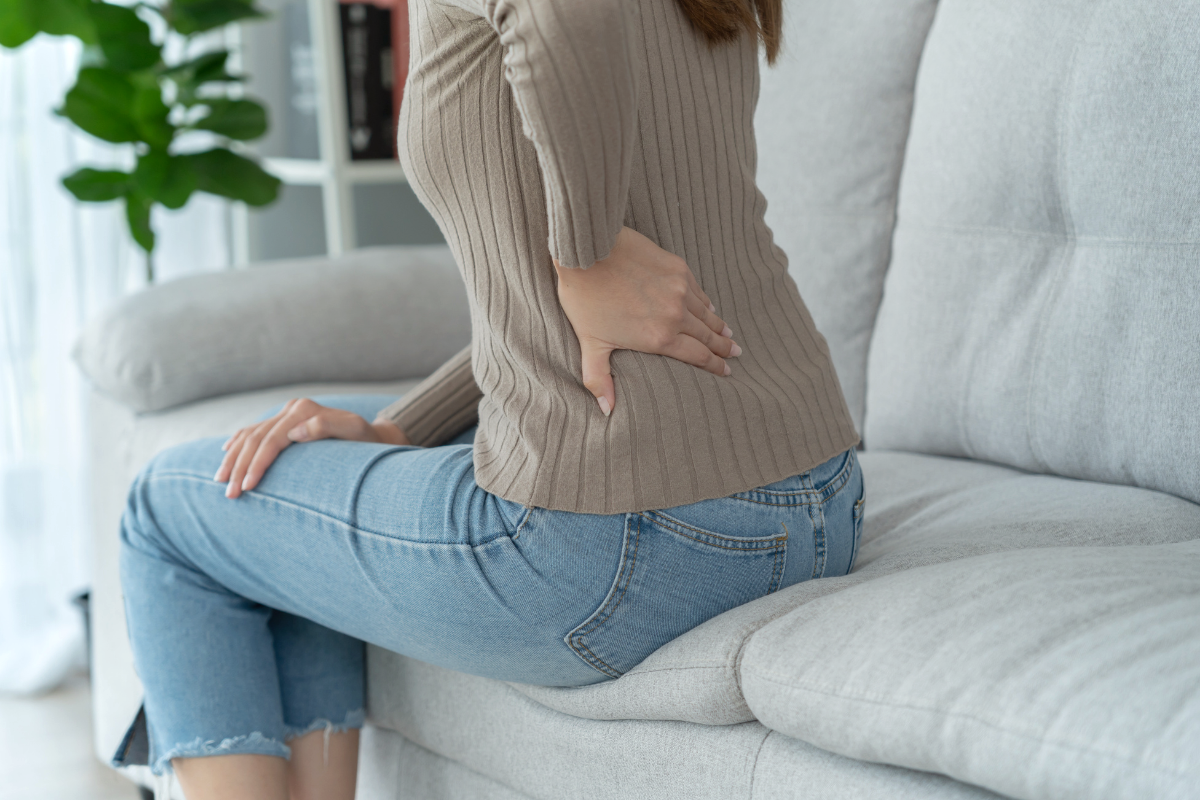How do I help my mother, who is 68 and out of the window of opportunity for HRT?
—Anonymous
My approach to postmenopausal women who did not take hormone therapy for whatever reason really depends on their goals. Data from the Women’s Health Initiative study suggests that starting hormone therapy more than 10 years after menopause may increase a woman’s risk for heart disease, stroke, and dementia. What does that mean for women who have missed that window?

While most women see their perimenopausal symptoms resolve in the first five years after menopause, some women do have symptoms well into their 60s. If your mother is currently having symptoms like hot flushes and night sweats, there are two options. She could try Veozah, a non-hormonal treatment for hot flushes and night sweats. Veozah acts like estrogen just at the receptors in the brain that regulate temperature. In clinical trials, nearly 70% of women who took Veozah saw an improvement in their hot flushes and night sweats. There is a very small risk that Veozah will affect the liver, but monitoring with a simple blood test is all that is needed to watch for any liver changes.
If non-hormonal options are not effective, hormone therapy is not completely off the table if menopausal symptoms are significantly affecting a woman’s functioning. When we consider a treatment — any treatment, not just hormone therapy — we have to consider the risks and the benefits. The benefits of treating a woman’s severe menopause symptoms may outweigh the risks of starting hormone therapy more than 10 years after menopause, particularly if she is at low risk for cardiovascular disease, and dementia. The key is to have an open and detailed conversation between the patient and her doctor regarding the benefits and risks of hormone therapy in that patient’s particular case.
If a woman’s concerns are related to vulvovaginal atrophy, vaginal estrogen cream is considered safe for most women at any age. Similarly, if sexual function is a concern, there is no upper limit on age for a trial of testosterone.
For many women, their goal is to remain healthy and active, avoiding chronic health problems such as cardiovascular disease and osteoporosis. In this case, the best advice I can offer is to get enough sleep — seven to nine hours for most of us — follow a healthy diet rich in fruits and vegetables and calcium-containing foods and low in refined sugar, maintain a regular exercise routine that includes both aerobic exercise and strength training, see your primary care doctor to address any issues that arise, and get your recommended cancer screening tests.
The upshot: There are options for treating menopausal symptoms that women may experience after age 65, and maintaining a healthy lifestyle is still the best way to stave off chronic health problems.
Community Guidelines
















Log in